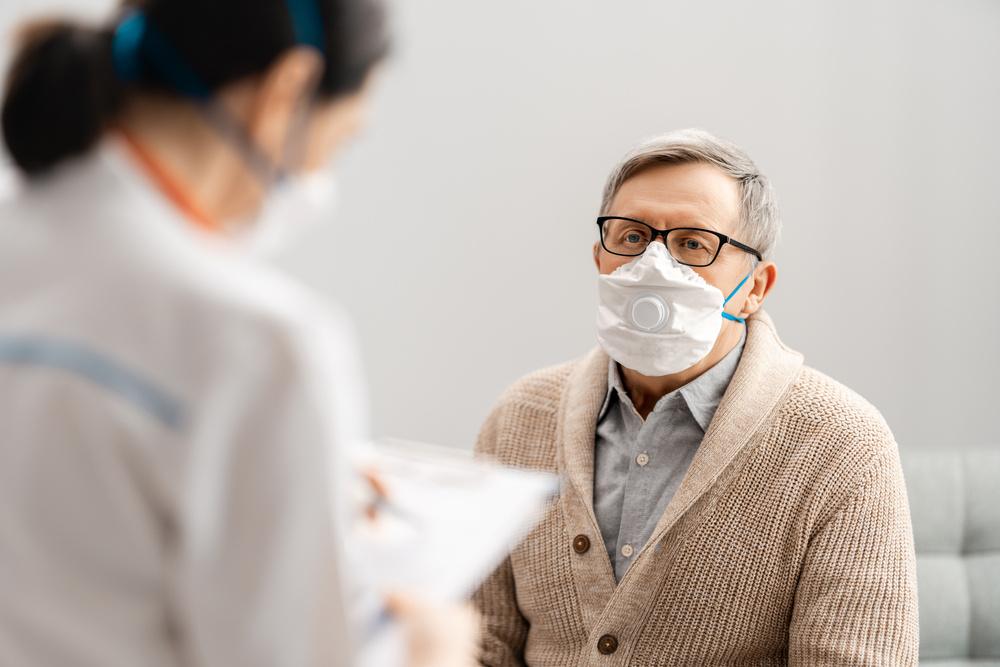With the COVID-19 pandemic causing concerns regarding health, financial, and emotional well-being like never before in most of our lifetimes, it’s unfortunately natural to consider that there are people out there preying on the frayed emotions of people, especially our seniors who tend to be more trusting by nature.
Cooperstown Center for Rehabilitation and Nursing has a look at three types of scams that are being perpetrated during the pandemic.
In-Demand Products
At the start of the pandemic in the spring, it was people promising the timely delivery of personal protection equipment (PPE) like face masks, gloves, and hand sanitizer. Most of the scammers would just take people’s money for the order and never deliver anything. Now, the market for illicit products tends to be for COVID-19 cures and treatments that either don’t work or haven’t been proven to. These include teas, essential oils, vitamin C therapies, and other antiviral treatments. Watch for unsolicited calls, texts, and ads on social media sites.
Testing Kits
With the variety of COVID-19 testing kits available by a number of companies, this has become another popular scheme. A person will either advertise a test in order to receive a victim’s personal information for identity theft purposes or will sell kits that they claim can be reimbursed by health insurance (which, of course, doesn’t happen).
Stimulus Payments
A survey back in May found that one in every five people who lost their job early in the pandemic were contacted by scammers about seizing a stimulus payment or unemployment benefits. One way to know if you’re being targeted if the word “stimulus” is used. The official government term is “economic-impact payment.” If you’re suspicious, your best bet is to ask which agency the person is calling from and then call back using the official number for that organization.
To learn more about Cooperstown Center for Rehabilitation and Nursing and all of the services they offer, visit http://cooperstown-center.facilities.centershealthcare.org/.






